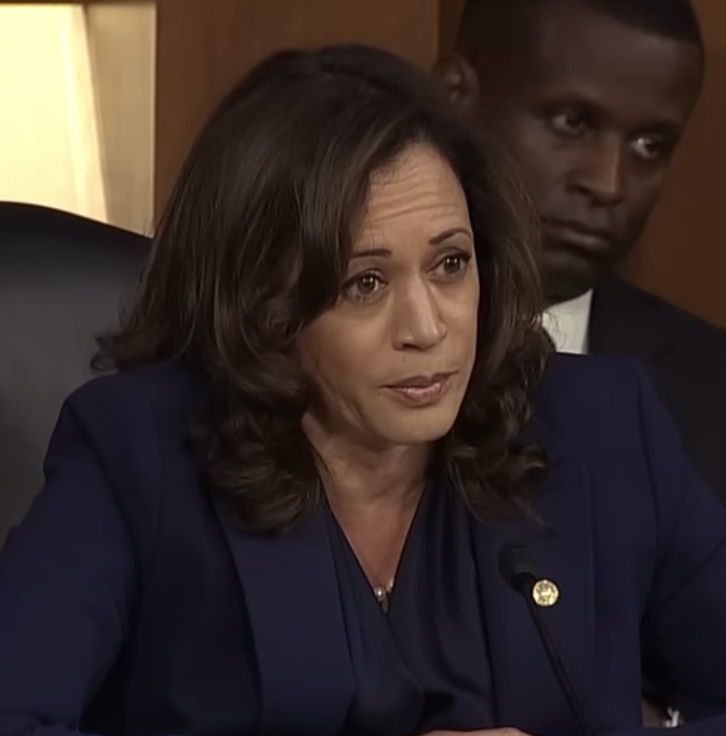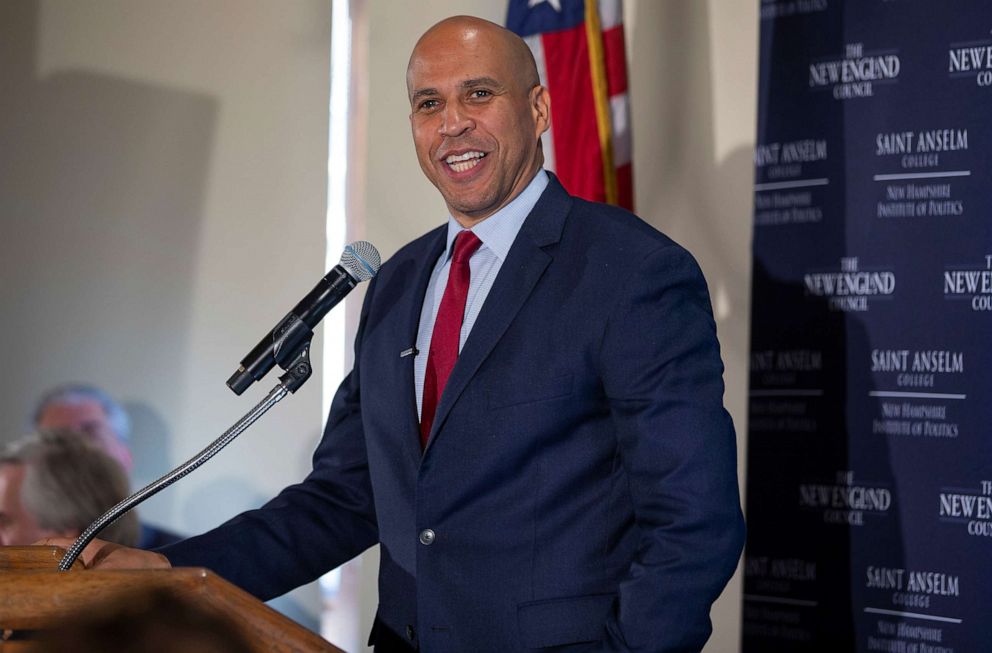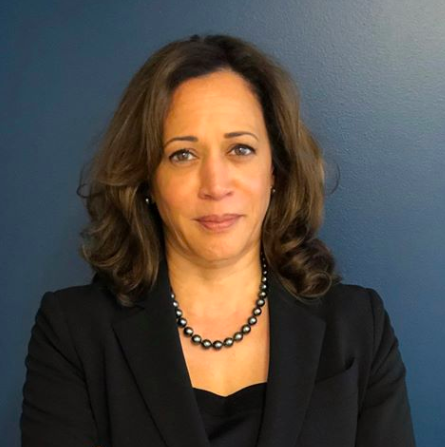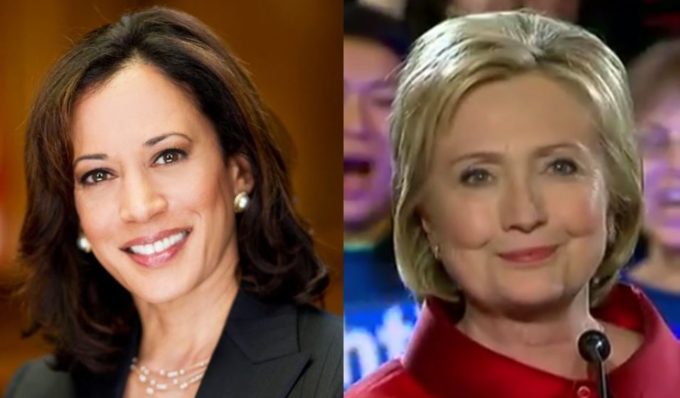FISHER: Is Kamala Anti-Catholic? No More So Than Catholics Themselves

Kamala Harris isn’t savvy. She does well when she’s been prepped within inches of her life, as she was before the recent presidential debate; and she comes across as sharp and relevant if you put her side by side with Donald “Those Dirty Haitians Stole My Pants” Trump.
But on her own, she’s about as brilliant as the emergency understudy who gets called in to play Evita 10 minutes before the curtains open. She gets points for showing up and trying, but the actual performance is pretty feeble.
But she is hitting one point directly on the nose: She’s identified the power of Catholic self-loathing.
Catholics are swing voters, and swing voters are powerful and unpredictable. A slim majority of Catholics favor Trump, but it’s close enough to reveal a massive division in the ranks. So you’d think Harris would be treading carefully so as not to alienate that precious margin of undecided Catholics, and trying to bolster the 47 percent who do like her.
Instead, she’s breaking tradition and snubbing the Al Smith Dinner, an annual historical event, named for the first Catholic to run for president, that raises thousands of dollars for charity.
This isn’t an aberration. She’s unabashedly pro-abortion, recklessly spreading misinformation about who really caused the death of Amber Thurman (who died because of unsafe abortion pills and criminally incompetent healthcare, not from any abortion ban). Even Catholic leftists would be hard-pressed to find anything compatible with Catholic social teaching in her campaign. She and Biden were just as hard on migrants as Trump was; and her party recently quit opposing capital punishment. And she certainly hasn’t done anything to walk back her recent history of lashing out against Catholics. In 2019, then-Sen. Harris called out judicial nominee Brian Buescher for the high crime of having joined the Knight of Columbus as a teen, implying that simply to be a Christian in public makes one unfit for public office.
But at the debate with Trump, she tried talking directly to Catholics like me. She said:
“[O]ne does not have to abandon their faith or deeply held beliefs to agree the government, and Donald Trump certainly, should not be telling a woman what to do with her body.”
At first, I was so irritated. Who is this woman telling me how to manage my conscience?
But there’s a kind of brilliance to her arrogance. Even if her campaign doesn’t understand why a person of faith would recoil from unrestricted abortion, it sure can tell we see through Trump. We know he was never pro-life and never will be. They see how we loathe the way he and his party treat women and the vulnerable. And they know there’s a very fine line between disgust for someone else and disgust for oneself. Both can be powerful motivators.
I’m a registered Republican, an ardently pro-life, faithful Catholic never-Trumper who keeps walking into the voting booth with one firm idea: Trump is the most dangerous candidate, because of his words and his behavior, and because of his awful power to encourage Americans to debase themselves. So I held my nose and voted for Hillary, and then for Biden, because I wanted to stop Trump, period. I don’t know how I’ll vote this year, but it won’t be for Trump.
But I can still recall my growing horror as more and more of my fellow Catholics did fall in with him, and started professing real love for him and his appalling ideas. I was baffled, angry, and ashamed. We should know better. I still feel I should have somehow done more to stop him and make at least my fellow Catholics see who he really is.
So when Kamala does stuff like skipping the Al Smith Dinner, maybe she’s doing it because she’s anti-Catholic. But more likely, she’s doing it because she knows burnt-out Catholics don’t care about stuff like that anymore. They don’t see themselves as part of the old guard American Catholic voting bloc. They can’t even go in the church basement and eat donuts after Mass anymore, because fellowship hour is just a bunch of dudes yuking it up over BBQ cat memes and Willie Brown jokes.
If Trump invites Americans to debase themselves, Kamala invites Catholics to lean into their self-loathing. Be ashamed to stand up for what their faith teaches, be ashamed of their fellow Catholics who threw in with Trump, and most of all, be ashamed of yourselves. Here, crawl in under the dubious shelter of this vote for Kamala, you poor sap.
She smells that misery in the air, and she knows that people are desperate for some relief. She doesn’t have to appeal to Catholics. She doesn’t even have to stop disliking Catholics. All she has to do is not be Trump. She’s counting on people being too exhausted to hope for more.







